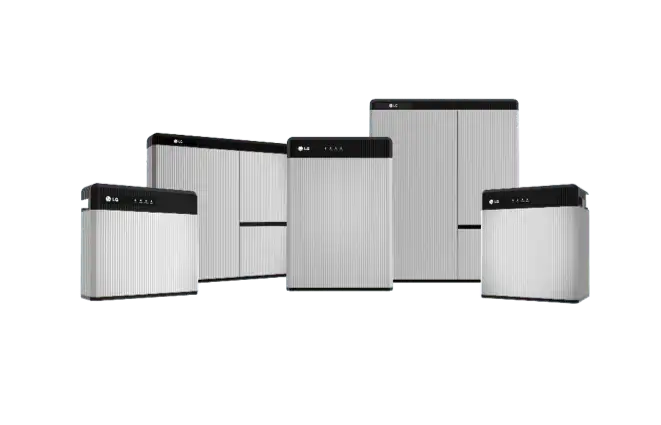Solar Panel Inverter – Making Solar Energy Use Possible
The investment in solar energy panels for your home is one of the wisest you will ever make. Not only does the investment save you energy costs by paying for itself over time, but it also helps lower our dependence on foreign fossil fuels. Every person that utilizes the fantastic benefits must have a solar panel inverter.
What this does is convert the direct current, or DC, produced by the solar panels into alternating current, or AC. AC is what has the ability to power all your household appliances. There are three basic kinds of solar panel systems known as grid-tie, off-grid, and battery backup inverters. Each one functions in a different situation but is considered the heart of the solar energy system.

The aptly named grid-tie solar panel inverter is made to be used in conjunction with the utility grid. This is the perfect solution for people who either want to reduce their monthly electric bills or cannot afford to install a completely off-grid system.
This does not mean off-grid systems are better, because, with grid-tie solar panels, you benefit from tax credits and other incentives. Grid-tie solar panel inverters are dependent upon the power grid and are programmed to shut down during power outages as a safety precaution. There is no backup energy provided by this kind of inverter.
An off-grid inverter is also known as a stand-alone inverter, and as the name suggests, they are completely independent of the power grid. Homes with this kind of energy system are completely self-reliant. Systems that are free from grid ties store the solar energy they collect in batteries, which should be regulated to avoid overcharging.
The final type of solar panel inverter is a backup battery inverter. This fits into the category of grid-tied inverters. It is somewhat of a combination of the two previous types. It stores energy in batteries and converts it to AC power for your home, but it can also send any surplus energy that your home does not need back into the grid.
